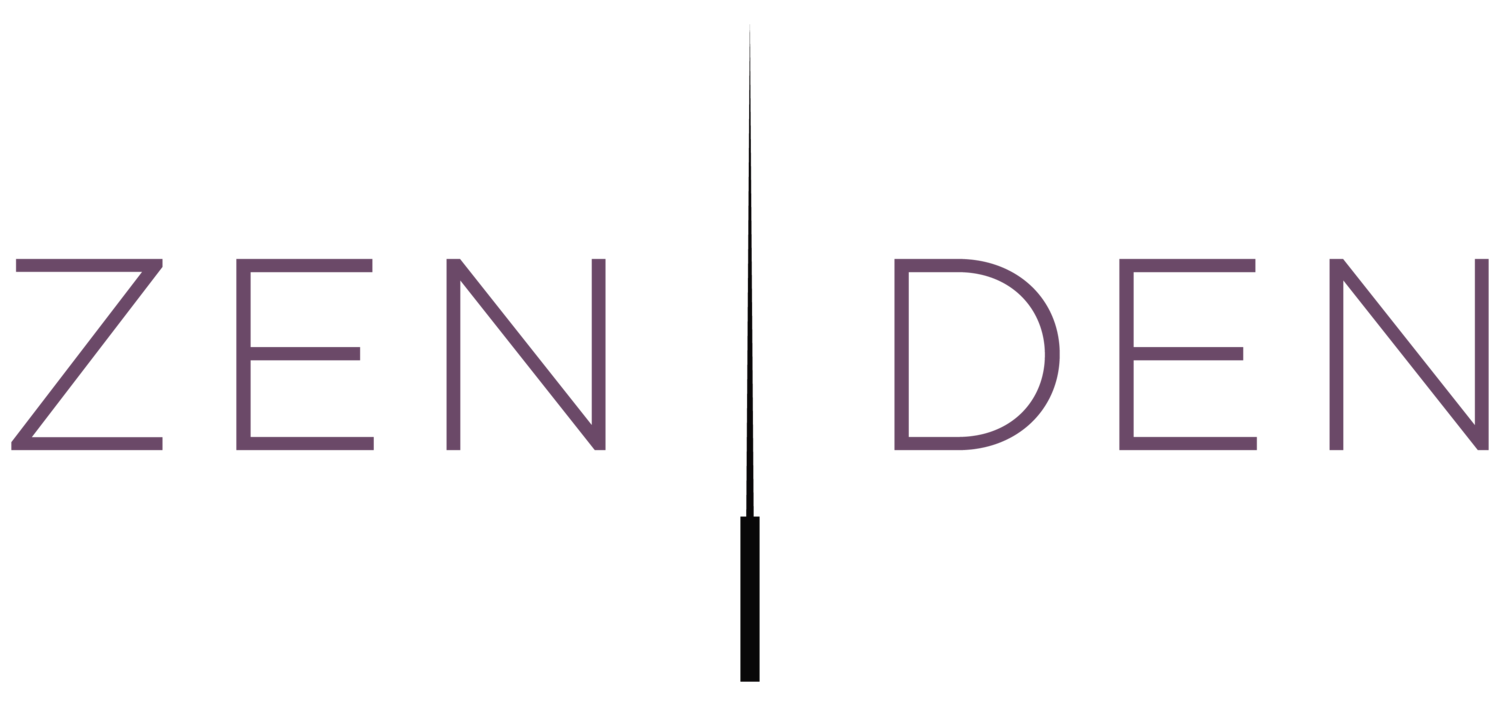Fall is here — cooler air, shorter days, and a busy season ahead. It’s also the time when our immune systems are put to the test. According to Traditional Chinese Medicine (TCM), fall is the season of the Lungs, and that means it’s the perfect time to strengthen your Wei Qi (protective energy) to stay healthy.
At Zen Den in San Luis Obispo, we specialize in natural ways to boost your body’s defenses — and acupuncture, herbs, and lifestyle changes are powerful tools to keep you feeling strong this season.
Why Immunity Dips in Fall
Seasonal shifts: Dry air and cooler temps can weaken Lung Qi.
Stress and schedules: Back-to-school, work, and holiday prep often mean less rest.
Indoor time: More exposure to germs in close spaces.
The good news? With the right support, you can get ahead of seasonal colds and flu.
How Acupuncture Supports Immunity
Acupuncture has been shown to:
Regulate the nervous system → less stress = stronger immunity.
Improve circulation → boosts oxygen and nutrients throughout the body.
Balance Lung Qi and Wei Qi → fortifies the body’s natural defense system.
Support better sleep and digestion → foundations of a resilient immune system.
Many patients notice fewer colds, improved energy, and better stress resilience when they receive acupuncture consistently in the Fall.
Herbal & Food Support: Immune Boosting Congee
In TCM, food is medicine. One of the best fall recipes is herbal congee — a nourishing rice porridge infused with warming, immune-strengthening herbs.
That’s why our Immune Reset Package includes Dr. Michelle’s Immune Boosting Congee Kit to make at home. It’s packed with herbs that:
Strengthen Lung Qi
Improve digestion
Keep the body warm and protected from seasonal pathogens
Congee is easy to digest, comforting, and a perfect daily ritual for fall wellness.
Lifestyle Tips for Stronger Immunity
In addition to acupuncture and herbs, small daily choices make a big difference:
Go to bed early → the body regenerates best before midnight.
Practice breathwork → even 5 minutes/day nourishes Lung Qi.
Eat warm, cooked meals → soups, stews, and congee protect digestion.
Move gently → walking, yoga, or qigong keeps Qi flowing without draining reserves.
Experience the Zen Den Difference
This October, Zen Den is offering a special way to reset your system:
SIGN UP NOW:
Or book your appointment below and mention it to the front desk at checkout!











